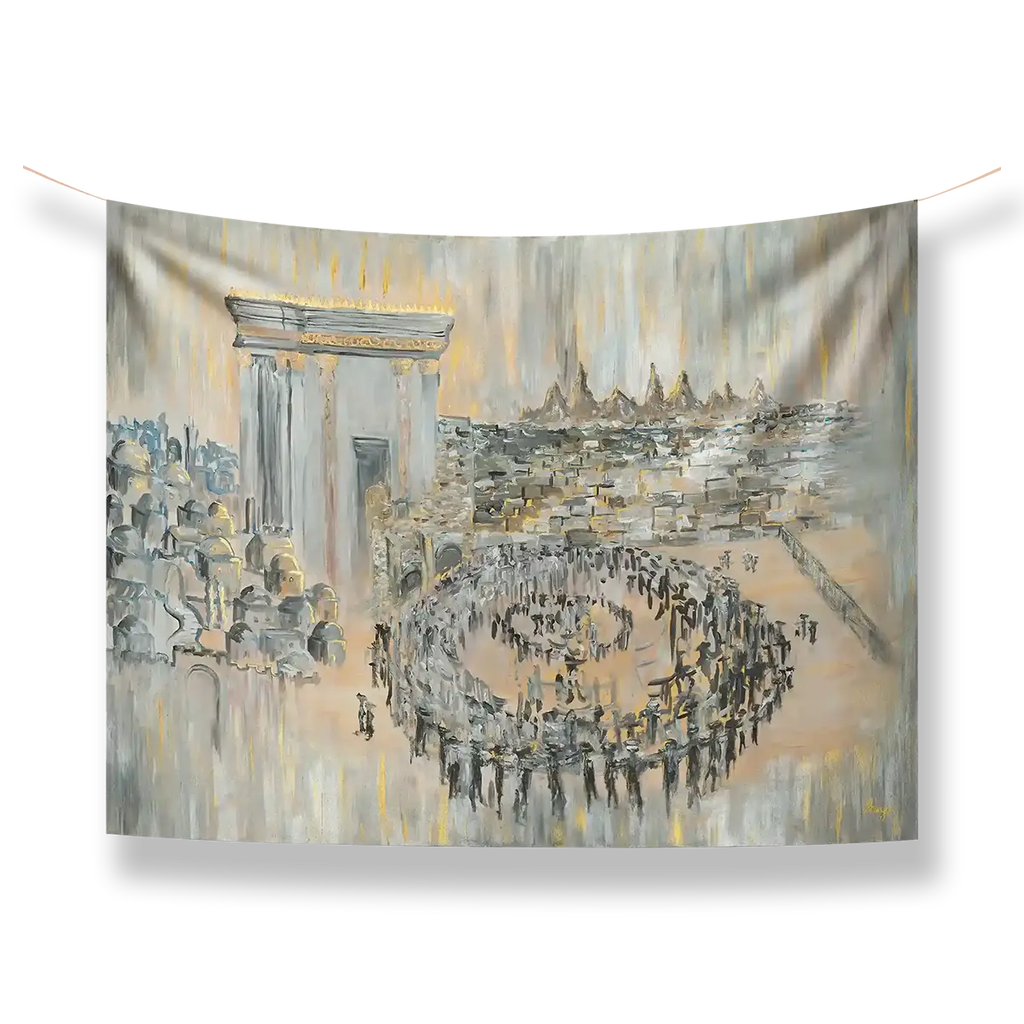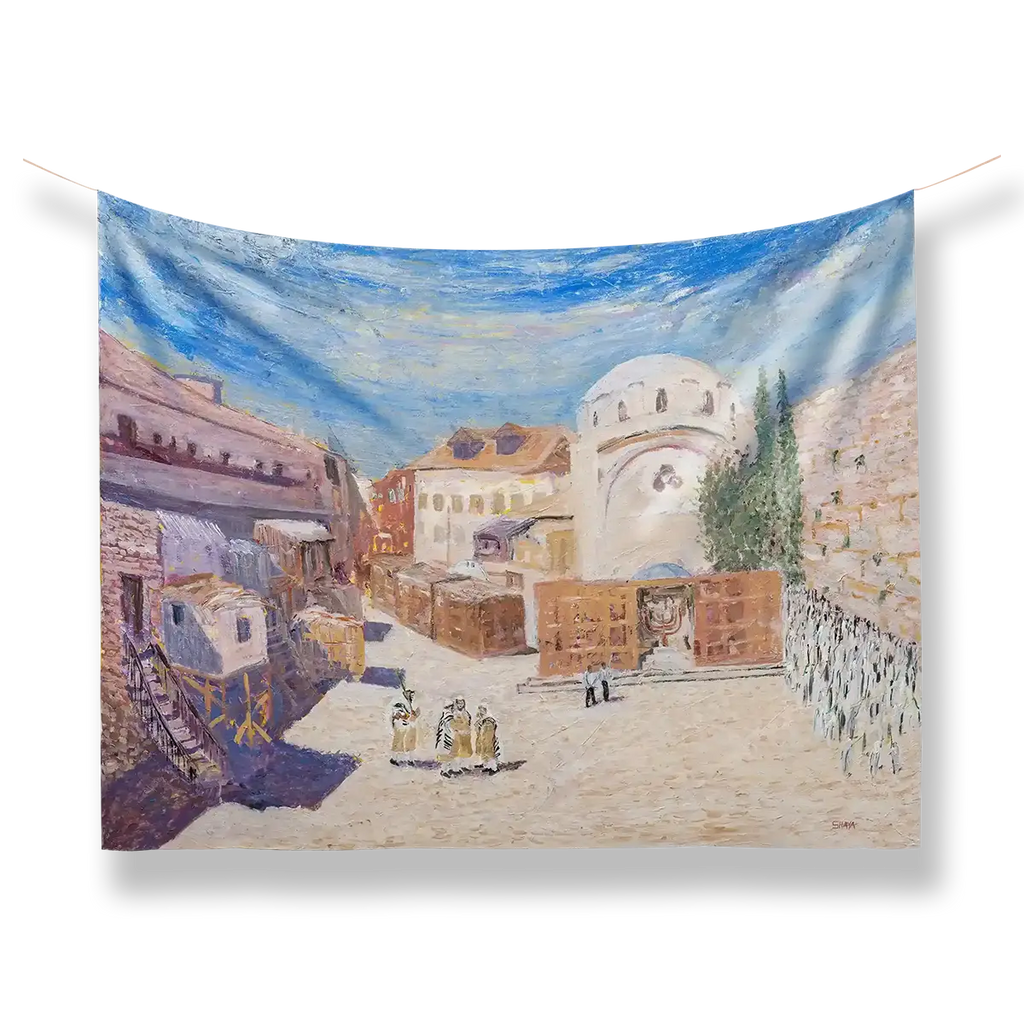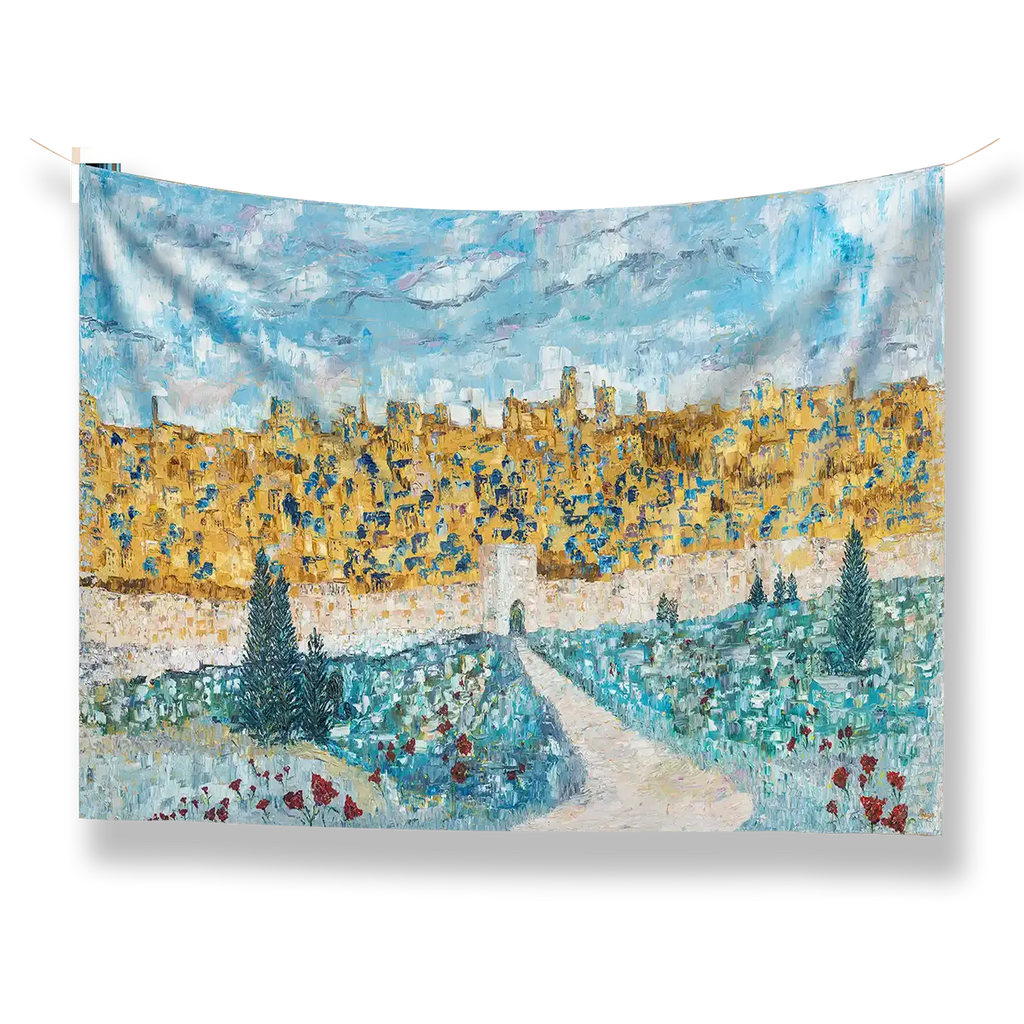-
Ancient Agricultural Festival: Sukkot finds its roots in the ancient agricultural festival that marked the end of the harvest season. It was a time of gratitude for the bountiful crops and an opportunity to express appreciation to the Divine for the blessings of nature's abundance.
-
Commemorating the Exodus: Sukkot also commemorates the journey of the Israelites through the wilderness after their liberation from slavery in Egypt. The temporary dwellings, known as sukkahs, symbolize the makeshift shelters the Israelites used during their desert wanderings.
-
The Symbolism of the Sukkah: The sukkah serves as a tangible reminder of the impermanence of life and the temporary nature of our physical existence. It encourages reflection on the deeper meaning of shelter, security, and gratitude for the blessings we enjoy.
-
Gathering and Hospitality: Sukkot is a time of gathering and hospitality, where family and friends come together to celebrate and share meals in the sukkah. The open sides of the sukkah represent a welcoming space for guests, embodying the values of community, inclusivity, and warmth.
-
Four Species: One of the distinctive customs of Sukkot is the waving of the Four Species: the etrog (citron), lulav (palm branch), hadass (myrtle branch), and aravah (willow branch). Each element represents different aspects of the Jewish people, reminding us of the unity and diversity within our community.
-
Simchat Beit Hashoeva - Rejoicing at the Water Drawing Ceremony: During Sukkot, a special ceremony known as Simchat Beit Hashoeva takes place. It commemorates the drawing of water for the Temple's libation rituals. The celebration is filled with music, dance, and joyous festivities, creating an atmosphere of exuberance and gratitude.

























Leave a comment